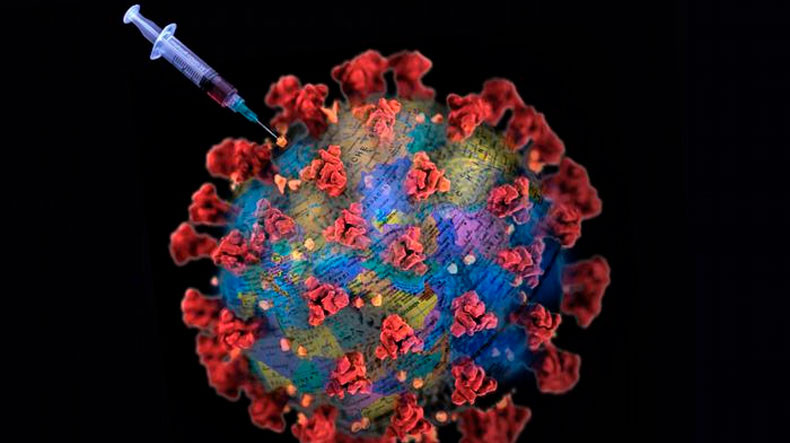
Coronavirus: Immunity may be more widespread than tests suggest
People testing negative for coronavirus antibodies may still have some immunity, a study has suggested.
For every person testing positive for antibodies, two were found to have specific T-cells which identify and destroy infected cells.
This was seen even in people who had mild or symptomless cases of Covid-19, according to BBC News.
But it's not yet clear whether this just protects that individual, or if it might also stop them from passing on the infection to others.
Researchers at the Karolinksa Institute in Sweden tested 200 people for both antibodies and T-cells.
Some were blood donors while others were tracked down from the group of people first infected in Sweden, mainly returning from earlier affected areas like northern Italy.
This could mean a wider group have some level of immunity to Covid-19 than antibody testing figures, like those published as part of the UK Office for National Statistics Infection Survey, suggest.
It's likely those people did mount an antibody response, but either it had faded or was not detectable by the current tests.
And these people should be protected if they are exposed to the virus for a second time.
Prof Danny Altmann at Imperial College London described the study as "robust, impressive and thorough" and said it added to a growing body of evidence that "antibody testing alone underestimates immunity".
This doesn't necessarily get us any closer to herd immunity, though, according to assistant professor Marcus Buggert, one of the study's authors.
More analysis needs to be done to understand whether these T-cells provide "sterilising immunity", meaning they completely block the virus, or whether they might protect an individual from getting sick but not stop them from carrying the virus and transmitting it.
Newsfeed
Videos






























